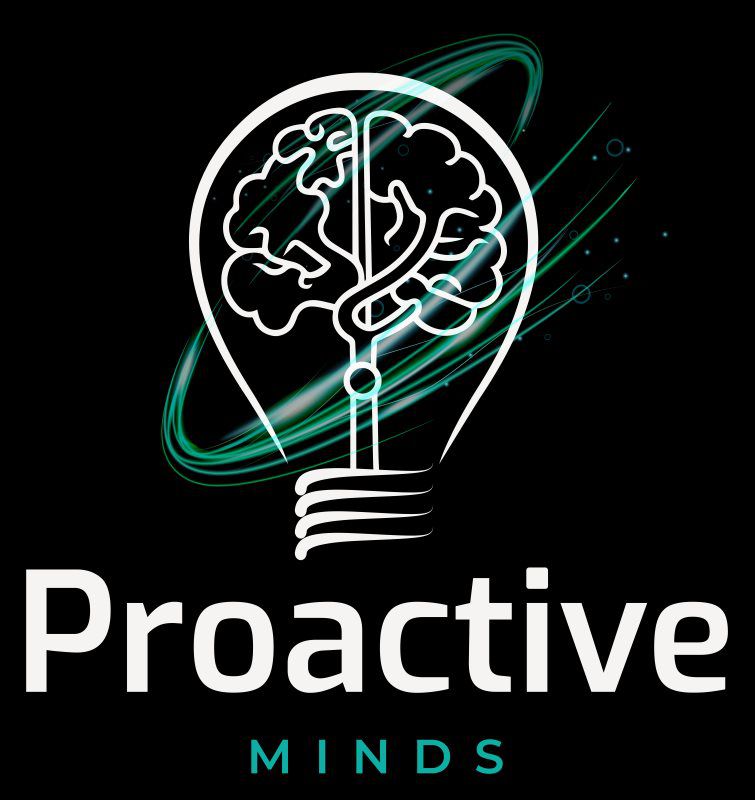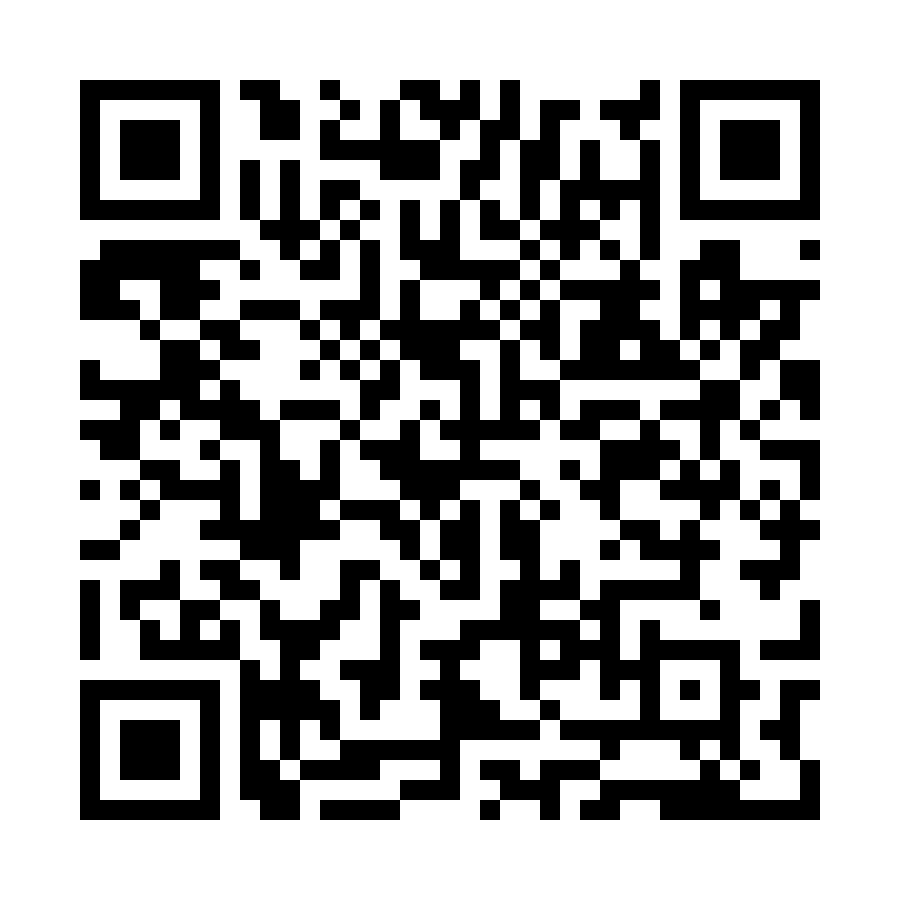Depression
Depression is a serious mental condition that can have a significant impact on one’s life. It might result in emotions of melancholy, hopelessness, and a loss of interest in activities that linger for a long time.
We Are Here To Help!
At Proactive Minds, we acknowledge the complexities of battling depression and the courage it takes to reach out for support. Our dedicated team is committed to creating a confidential and nurturing space for you within the familiar surroundings of your home. You don't have to face these challenges alone – let Proactive Minds be your ally on the journey to healing and mental wellness. Here are some depression types we can help work with you on finding solutions to:
Dysthymia/ Persistent Depressive Disorder
Dysthymia occurs when a person experiences persistent sadness over at least two years. Major depressive disorder is one of the most common types of depression.
Bipolar Depression/ Manic Depression
Bipolar disorder causes mood swings that range from great energy and a positive attitude to low depression bouts. It is also referred to as manic depression.
Psychotic Depression
Psychotic depression is characterized by the presence of both significant depression and psychosis.
Seasonal Affective Disorder (SAD)
In seasonal affective disorder, your depression intensifies in winter. In spring and in summer, symptoms generally lift, only to return next winter.
Treatment-Resistant Depression
One-third of patients treated for depression attempt multiple treatments without success. If this is you, you may suffer from treatment-resistant depression.
Depression Warning Signs
Depression causes many symptoms, with some of the most common beings:
- Empty feeling
- Overwhelming sadness
- Hopeless feeling
- Loss of interest in the things you once enjoyed
- Chronic exhaustion
- Sluggish actions, such as moving slowly
- Sleep changes, such as oversleeping or sleeping too little
- Appetite changes, leading to weight loss or gain
- Thoughts of suicide
Although mild sorrow, irritation, or other symptoms may occur from time to time, depression patients experience these symptoms for weeks, months, or even years.
How We Treat Depression?
Proactive Minds empathizes with the journey of overcoming depression and seeking help. We recognize the challenges and understand the importance of a safe space. That's why we're here to offer support in the comfort of your home. Our mission is to provide a caring environment where you can find assistance on your path to mental well-being.
Virtual Psychotherapy
Individual and group psychotherapy sessions, including evidence-based approaches like Cognitive-Behavioral Therapy (CBT), can be conducted via video conferencing. Teletherapy allows individuals to engage in therapeutic discussions with licensed mental health professionals.
Medication Management
Psychiatrists can provide virtual consultations to assess and manage medications for depression. Medication adjustments and monitoring can be conducted through secure video calls, ensuring ongoing support for individuals requiring pharmacological intervention.
Online Support Groups
Virtual support groups bring individuals with depression together to share experiences, coping strategies, and mutual support. These groups, facilitated by mental health professionals, foster a sense of community and understanding.
Digital Mental Health Apps
Recommending or integrating mental health apps can supplement traditional therapy. These apps often include mood tracking, relaxation exercises, and psychoeducational resources to support individuals in managing their depression.
Regular Follow-Up
Telemedicine enables regular follow-up appointments to assess progress, address concerns, and make any necessary adjustments to the treatment plan. Consistent follow-up is crucial for ongoing support.
Telepsychiatry Assessments
Initial assessments and diagnostic evaluations can be conducted through telepsychiatry. This allows mental health professionals to gather information, assess symptoms, and develop personalized treatment plans remotely.
Remote Monitoring
Telemedicine allows for remote monitoring of symptoms and progress. Regular check-ins through video calls or secure messaging platforms enable ongoing assessment and adjustment of treatment strategies.
Crisis Intervention
Telemedicine platforms can facilitate crisis intervention for individuals experiencing acute distress. Mental health professionals can provide immediate support, assess safety, and guide individuals to appropriate resources.
Psychoeducation and Coping Strategies
Mental health professionals can provide virtual psychoeducation on depression, its symptoms, and coping strategies. This empowers individuals to better understand and manage their condition.
Lifestyle Interventions
Telemedicine allows for the integration of lifestyle interventions remotely. Mental health professionals can provide guidance on sleep hygiene, exercise routines, and nutrition to support overall well-being.






